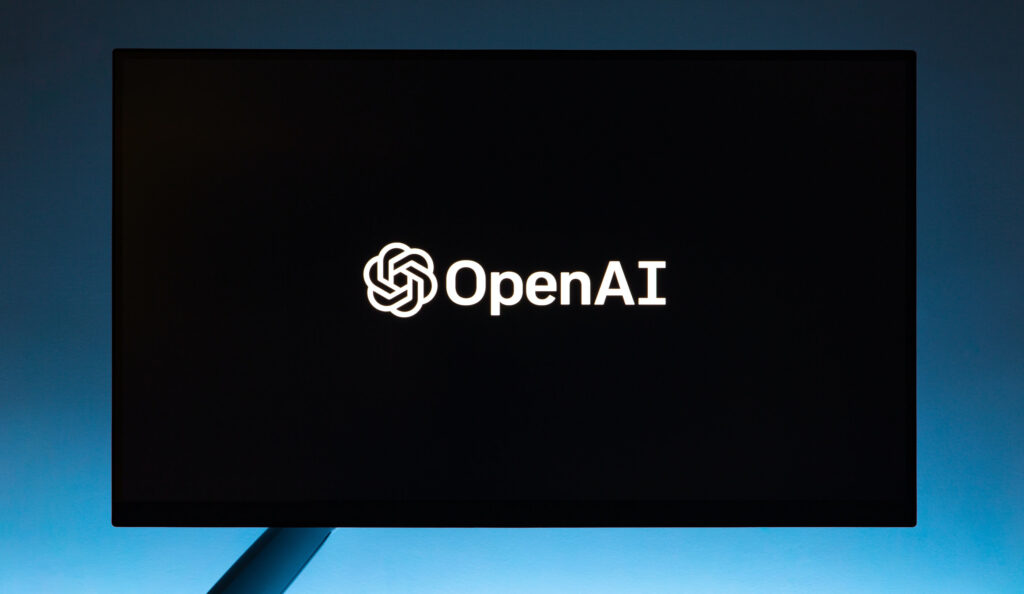As businesses continue to embrace digital transformation, Artificial Intelligence (AI) has become a game-changer, providing valuable tools and insights that help companies stay ahead of the curve. One such AI tool, ChatGPT, has rapidly gained popularity for its ability to assist businesses in various tasks, such as customer service, content creation, and data analysis. While the potential benefits are immense, it’s essential for small businesses to use ChatGPT responsibly and effectively. In this blog post, we will discuss the dos and don’ts of using ChatGPT in your small business.
Do:
- Establish clear goals and expectationsBefore implementing ChatGPT in your business, it’s crucial to set specific objectives that align with your company’s goals. Whether it’s improving customer support or streamlining internal communication, having a clear vision will help you maximize the benefits of this AI tool.
- Train and monitor the AITo ensure the best performance, invest time in training ChatGPT on your specific use case and industry terminology. Monitor its performance and adjust the training process as needed to improve its understanding of your business.
- Protect user privacyEnsure that ChatGPT complies with data privacy regulations such as GDPR and CCPA. Safeguard your customers’ information and inform them about the use of AI in your services.
- Be transparent with customersTransparency is essential when using AI tools like ChatGPT. Let your customers know they are interacting with an AI assistant and provide a seamless experience by blending human and AI interactions.
- Keep the human touchNo matter how advanced ChatGPT becomes, it’s essential to maintain the human element in your business. Use ChatGPT as an assistant, not a replacement for your team members.
Don’t:
- Over-rely on AI-generated contentWhile ChatGPT is a powerful content generation tool, it’s important not to rely solely on AI-generated content. Always review and edit the output to ensure it aligns with your brand’s tone and style.
- Ignore context and cultural sensitivitiesChatGPT is not perfect and might produce content that may be inappropriate, offensive, or culturally insensitive. Ensure you review the AI-generated content for any such issues before publishing or sharing it with clients.
- Use ChatGPT for high-stakes decision makingAI tools like ChatGPT should not be used for making critical decisions, such as legal or financial advice, without human verification. Consult with experts in those fields to avoid potential risks.
- Assume that AI is unbiasedAI systems can inherit biases from the data they are trained on. Be aware of potential biases in ChatGPT’s output and address them accordingly to avoid perpetuating stereotypes or misinformation.
- Neglect customer feedbackContinuously collect feedback from your customers regarding their experiences with ChatGPT. Use this feedback to make improvements and optimize the AI’s performance for better customer satisfaction.
Conclusion
When used responsibly and effectively, ChatGPT can be an invaluable asset for small businesses. By following the dos and don’ts outlined in this post, you can harness the power of ChatGPT to enhance your business operations and deliver a superior customer experience, all while maintaining the human touch that sets your small business apart.

